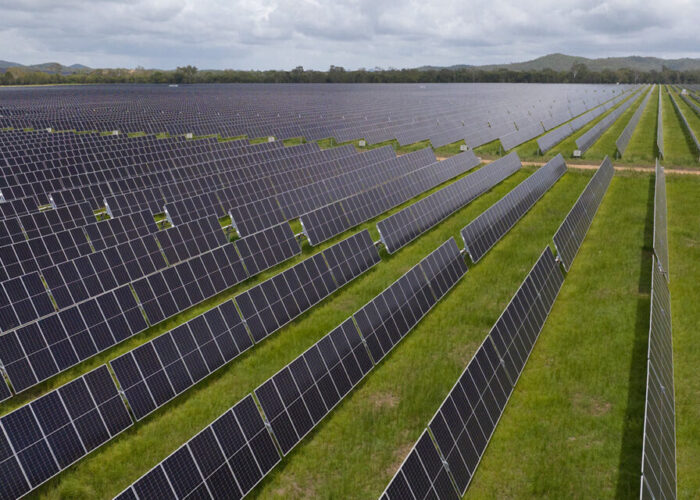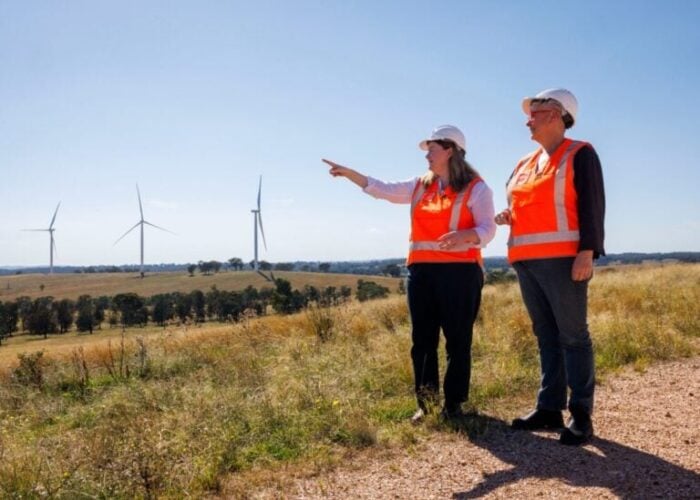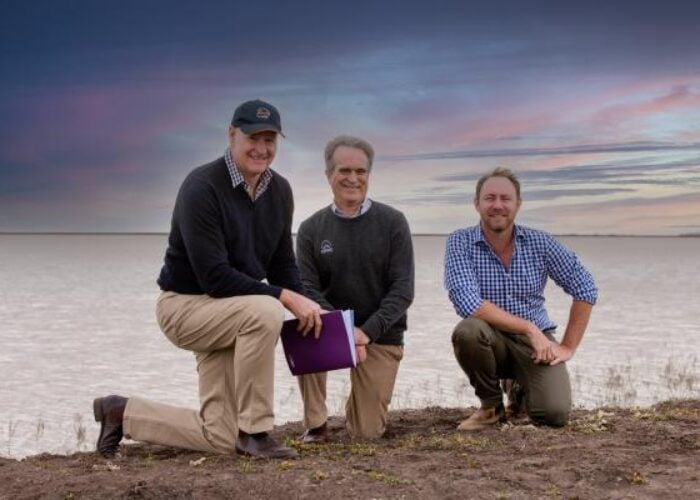Australia’s Coalition Party room has signed off on the controversial National Energy Guarantee (NEG) moving it onto the next stage of consultation.
Minister for environment and energy Josh Frydenberg claimed that independent modelling shows the average household will be AU$550 a year better off under the NEG, however clean energy supporters have strongly disputed this claim.
Unlock unlimited access for 12 whole months of distinctive global analysis
Photovoltaics International is now included.
- Regular insight and analysis of the industry’s biggest developments
- In-depth interviews with the industry’s leading figures
- Unlimited digital access to the PV Tech Power journal catalogue
- Unlimited digital access to the Photovoltaics International journal catalogue
- Access to more than 1,000 technical papers
- Discounts on Solar Media’s portfolio of events, in-person and virtual
John Grimes, chief executive, Smart Energy Council said of Frydenberg’s claim: “We now know the government did not undertake any significant economic modelling to justify the claim – only a single, incomplete excel spreadsheet, ridiculed by energy experts.”
The NEG has been under fire from the renewables industry ever since it was first announced and it is expected to significantly harm the country's large-scale renewables pipeline.
Yesterday, state and territory governments had agreed to keep discussions going on the NEG, but set down certain conditions.
The Victoria government weighed in calling for stricter rules on emissions reductions target setting, with Minister for Energy Lily D’Ambrosio saying: “We won’t sign up to any scheme that threatens Victoria’s renewable energy industry and the thousands of jobs it’s creating in our state.”
However, Coalition MPs and senators signed off on the NEG without any of the changes requested by the various states, including rejecting calls from Victoria for any increase to the emissions reduction target beyond 26% by 2030, as well as three-yearly reviews of the target, among others.
The Clean Energy Council (CEC) likened the NEG to buying a car with flat tyres, suggesting that it has great potential, while also describing the 26% by 2030 emissions reduction target as “essentially useless”. It said over AU$10 billion in big solar, wind and battery projects has been committed in the last year as a result of the Renewable Energy Target (RET), but investors in the future would need certainty from a target that is not currently being offered by the NEG.
On behalf of the COAG Energy Council, the Energy Security Board will now consult on the amendments to the National Electricity Law (NEL) for a period of four weeks, according to a release from the office of Josh Frydenberg. Following this period of consultation, there will be a further two weeks to refine the legislation before a decision can be taken on the implementation of the Guarantee.
However, reports from The Guardian suggested that there is internal dissent in the Coalition government with a group of MPs – including former prime minister and climate sceptic Tony Abbott – suggesting that they could cross the floor when the proposal comes to parliament, which could thwart the policy.
Small-scale solar threat
The Small Scale Renewable Energy Scheme (SRES), which supports residential and commercial solar, is also threatened with the potential of immediate scrapping still on the cards. Prime minister Malcolm Turnbull said that all recommendations of the Australian Competition and Consumer Commission (ACCC) would be implemented, which includes scrapping the SRES.
Grimes said this would raise the costs of household and small business solar by 30%.
Campaign grou Solar Citizens states: “The National Energy Guarantee continues to be a flawed mess of a policy that favours big energy retailers at the expense of solar households and power prices.
“Under the current National Energy Guarantee proposal, the big energy retailers would be able to claim the emissions reductions achieved from the contributions of households who invested in rooftop solar, without any benefit to those households.”







